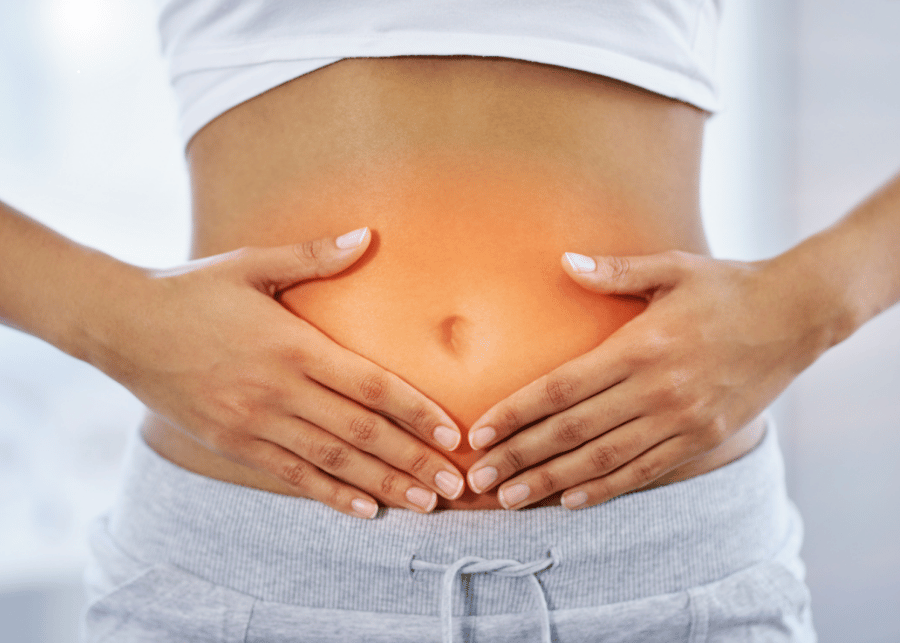Healthy, beautiful hair begins from within, and giving your body the right nutrients can help you achieve it. Whether you're hoping to boost hair growth, add thickness, or control hair fall, the right vitamins can offer proper support.
Table of Contents
Understanding Hair Growth and Its Nutritional Needs
The Role of Vitamins in Promoting Hair Health
Top 10 Vitamins for Hair Growth and Thickness
Consequences of Nutrient Deficiencies on Hair
Vitamin Supplements vs Diet for Hair Growth
Practical Tips for Maintaining a Healthy Scalp and Hair
2 Common Myths about Vitamins for Hair Growth and Thickness
Conclusion
Understanding Hair Growth and Its Nutritional Needs
Hair growth unfolds in four distinct stages: anagen (growth), catagen (transition), telogen (resting), and exogen (shedding).
The anagen phase, lasting 3 to 5 years, is when hair actively grows, while the catagen and telogen phases involve the hair follicle shrinking and resting. The exogen phase is when old hairs shed to make way for new growth. This cycle is influenced by factors such as genetics, hormones, and nutrition.
To support this hair growth cycle, consuming a balanced diet is essential. For example, proteins are crucial for hair health because hair is mainly composed of a protein called keratin. Foods like eggs, lean meats, and legumes provide the amino acids to build and maintain this protein in your body.
Iron, present in red meat, spinach, and leafy greens, is also vital for oxygen transport to hair follicles, promoting healthy growth.
Similarly, vitamins like vitamin A keep your scalp moisturized, while vitamin C helps strengthen your hair. Omega-3 fatty acids nourish hair follicles and maintain scalp hydration. Biotin, also known as vitamin B7, helps in keratin production, a protein essential for hair growth, and is found in foods such as eggs, almonds, and sweet potatoes.
Quick Summary: Hair Growth & Nutrition
Hair growth cycle4 stages (anagen, catagen, telogen, exogen) influenced by genetics, hormones, and nutrition.
Protein & iron are keyKeratin needs amino acids (eggs, meat, legumes); iron (spinach, red meat) supports oxygen flow to follicles.
Vitamins & healthy fats Vitamin A (scalp moisture), Vitamin C (strength), omega-3s (follicle health), and biotin (keratin production) all boost growth.
The Role of Vitamins in Promoting Hair Health
Vitamins support various functions that contribute to hair strength, growth, and thickness.
Vitamin A supports cell growth and sebum production, which helps keep the scalp moisturised and hair healthy. B vitamins, particularly biotin (B7), niacin (B3), and cobalamin (B12), are also vital for keratin production and improving blood circulation to the scalp, enhancing hair growth and preventing hair loss.
In the same way, vitamin C plays a crucial role in collagen production, which helps strengthen hair strands and prevent breakage. Vitamin D stimulates hair follicles and promotes new hair growth. Vitamin E protects hair from oxidative stress and improves scalp circulation.
Maintaining adequate levels of these vitamins helps ensure that hair follicles receive the necessary support for optimal thickness, growth and strength.
Top 10 Vitamins for Hair Growth and Thickness
1. Biotin (Vitamin B7) Impact for Hair
Biotin, or vitamin B7, plays a crucial role in promoting hair health and growth.
As a key nutrient involved in the production of keratin, biotin helps strengthen hair strands and improve their texture. Moreover, it supports the metabolism of fats and amino acids, which are essential for nourishing hair follicles. As a result, biotin can help enhance hair strength, reduce breakage, and support hair thickness and fullness.
While a lack of biotin deficiency can lead to hair thinning and loss, supplements may benefit those with low levels. However, for individuals with adequate biotin intake, additional supplementation may not yield significant improvements in hair growth.
2. Vitamin A Impact for Hair
Vitamin A helps maintain healthy hair by promoting sebum production, a natural oil that nourishes the scalp and hair follicles. It also improves blood circulation to the scalp, supporting the delivery of oxygen and essential nutrients to hair roots. However, balance is key; both deficiency and excess of vitamin A can lead to hair problems.
A lack of vitamin A may cause hair to become dry, brittle, and prone to thinning. On the other hand, consuming too much vitamin A can increase sebum production and interfere with the hair growth cycle, potentially causing inflammation and affecting hair thickness.
3. Antioxidant Power of Vitamin C for Hair
Vitamin C is a potent antioxidant that helps protect hair follicles from free radicals and environmental factors like pollution and UV radiation. By neutralising these harmful agents, vitamin C reduces hair damage and supports overall hair health.
Additionally, it facilitates collagen production, a protein that strengthens hair strands and enhances their elasticity. Incorporating vitamin C into your diet through fruits like oranges and strawberries, or using hair products enriched with this vitamin, can contribute to shinier and more resilient hair.
4. Benefits of Vitamin D for Hair Follicles
Vitamin D promotes hair health by stimulating the creation of new hair follicles and supporting the regeneration of existing ones. These hair follicles are essential for robust hair growth and maintaining hair thickness.
Vitamin D influences the hair growth cycle, particularly by promoting the anagen (growth) phase, which can lead to thicker and more resilient hair. Additionally, vitamin D's anti-inflammatory properties help maintain a healthy scalp environment, further supporting hair health.
5. Protective Effects of Vitamin E on Hair
Vitamin E is another antioxidant that helps in protecting hair from environmental damage, promoting a healthy scalp. Its antioxidant properties help neutralise free radicals, which can damage hair follicles and may reduce hair thickness. By reducing oxidative stress, vitamin E supports a healthier scalp environment, conducive to hair growth.
Additionally, vitamin E facilitates blood circulation to the scalp, ensuring that hair follicles receive essential nutrients and oxygen, further supporting hair health. Regular use of vitamin E, either through dietary sources like nuts and leafy greens, can contribute to stronger, shinier hair and a more resilient scalp.
6. Folic Acid (Vitamin B9) and Hair Cell Renewal
Folic acid, also known as vitamin B9, helps in maintaining healthy hair by supporting the regeneration of hair follicle cells. It facilitates DNA and RNA synthesis, which are essential for cell division and new hair cell production. This process helps in a continuous supply of healthy cells, promoting sustained hair growth.
Additionally, folic acid aids in the formation of red blood cells, thereby enhancing the delivery of oxygen and nutrients to the scalp and hair follicles, which further supports optimal hair health. While folic acid contributes to hair cell renewal, its effectiveness may vary among individuals.
7. Niacin (Vitamin B3) and Enhanced Scalp Circulation
Niacin, also known as vitamin B3, is an essential nutrient with several health benefits. It helps in enhancing blood circulation to the scalp, helping hair follicles receive a steady supply of oxygen and nutrients. This improved circulation helps reduce hair thinning and promotes thickness and hair growth.
Niacin also has anti-inflammatory properties, which can help combat inflammation and irritation in the scalp. While it doesn’t prevent hair loss directly, niacin can support scalp health and contribute to stronger, denser hair over time.
8. Critical Role of Iron and Zinc in Hair Growth
Iron and zinc play pivotal roles in maintaining healthy hair and preventing hair loss.
Iron is crucial for producing haemoglobin, which carries oxygen to hair follicles, supporting their growth and repair. Lack of iron can cause hair thinning and increased shedding. Similarly, zinc contributes to hair tissue growth and repair, thereby maintaining the function of the sebaceous glands surrounding hair follicles. A lack of zinc in the body may lead to hair loss and scalp issues.
Together, iron and zinc support the structural integrity and growth of hair, highlighting the importance of a balanced diet in preventing hair loss.
9. Influence of Omega-3 and Omega-6 Fatty Acids
Omega-3, which is an essential nutrient for a healthy heart, also possesses potent anti-inflammatory properties. These fats help reduce scalp inflammation, creating a healthier environment for hair follicles and promoting hair growth.
Additionally, omega-3s support blood circulation to the scalp, ensuring that hair follicles receive the essential nutrients and oxygen they need, which can enhance hair strength and elasticity.
Omega-6 fatty acids, with their anti-inflammatory properties, also help soothe scalp irritation, itching, and inflammation, thereby maintaining scalp health.
10. Natural Dietary Sources of Hair-Growth Vitamins
A diet containing essential vitamins is crucial for promoting hair growth and thickness. Here's a comprehensive list of foods that provide key nutrients beneficial for hair health:
Biotin (Vitamin B7): Eggs, almonds, sweet potatoes, spinach, and bananas are excellent sources of biotin, which supports keratin production essential for hair strength.
Vitamin A: Carrots, sweet potatoes, spinach and kale are rich in vitamin A.
Vitamin C: Citrus fruits like oranges, strawberries, and bell peppers are high in vitamin C, which protects hair follicles.
Vitamin D: Eating fatty fish, dairy products, and exposure to sunlight can provide the required vitamin D for your body, supporting healthy hair follicle cycling.
Vitamin E: Green leafy vegetables, nuts, and seeds provide vitamin E, which improves blood circulation to the scalp, enhancing hair thickness and growth.
Folic Acid (Vitamin B9): Leafy greens, legumes, and citrus fruits contain folic acid, which aids in proper oxygen supply to hair follicles.
Niacin (Vitamin B3): Poultry, fish, and whole grains are excellent sources of niacin, which enhances blood circulation to the scalp, promoting hair growth.
Iron and Zinc: Red meat, lentils, chickpeas, and pumpkin seeds provide iron and zinc, minerals vital for hair tissue growth and repair.
Omega-3 and Omega-6 Fatty Acids: Fatty fish, walnuts, flaxseeds, and sunflower seeds provide these essential fatty acids.
Consequences of Nutrient Deficiencies on Hair
Nutrition deficiency in the diet can lead to noticeable hair health issues. For example, iron deficiency often leads to reduced oxygen supply to hair follicles. This may result in hair thinning and increased shedding. Similarly, a deficiency in zinc weakens the hair structure, making it prone to breakage. Without sufficient biotin (vitamin B7), the body struggles to produce keratin, resulting in brittle hair.
Furthermore, insufficient vitamin D can disrupt the hair growth cycle, while a lack of vitamin C reduces collagen production and impairs iron absorption, leading to dull, fragile hair. Deficiencies in folic acid, niacin, and essential fatty acids may also reduce thickness, hinder hair growth and scalp health.
Vitamin Supplements vs Diet for Hair Growth
Hair health can be supported through both a nutrient-rich diet and targeted supplementation, each with its own strengths.
A whole-food diet delivers a balanced mix of vitamins, minerals, and antioxidants in their most natural and bioavailable form. These nutrients often come together with other beneficial compounds that support not only hair growth but also overall well-being.
Vitamin supplements, on the other hand, are helpful when there are specific nutrient deficiencies. For instance, biotin, vitamin D, or iron supplements can restore optimal levels, improving hair thickness, strength, and growth in people who are lacking these nutrients.
Both approaches have their challenges. Following a nutrient-rich diet requires consistency and access to a variety of foods, which can sometimes be difficult. Supplements should not be seen as a substitute for healthy eating, and they are most effective when taken under medical guidance for confirmed deficiencies.
Consider Hair Skin Nails supplement as a form of supplementing your diet!
Practical Tips for Maintaining a Healthy Scalp and Hair
Maintaining healthy hair isn’t just about what you eat—it’s also about what you put on your hair and scalp. The right products and habits help protect the scalp’s natural balance, reduce damage, and create an environment where hair can grow strong and resilient.
Combined with good nutrition and lifestyle practices, a thoughtful haircare routine plays a key role in keeping your strands looking and feeling their best!
Gentle Cleansing: Use gentle haircare products to cleanse your scalp without stripping its natural oils.
Regular Conditioning: Apply a conditioner suited to your hair type to maintain moisture and manageability.
Scalp Massage: Gently massage your scalp to improve blood circulation and promote healthy hair growth.
Balanced Diet: Take a diet that is abundant in iron, zinc, omega-3 fatty acids and other vitamins and minerals, to support hair health.
Hydration: Drink plenty of water to keep your scalp and hair hydrated.
Limit Heat Styling: Avoid or limit using heat styling tools to prevent hair damage, and apply a heat protectant when styling.
Stress Management: Practice techniques, such as yoga or meditation, to reduce stress, which may impact hair health.
Adequate Sleep: Ensure you get 7 to 8 hours of quality sleep to support hair growth.
You can consider integrating our Revivogen Starter Set targets hair fall and scalp irritation while promoting growth:
Revivogen Bio Cleansing Shampoo
- Gently removes sebum and buildup while soothing the scalp and strengthening hair.
Revivogen Thickening Conditioner
- Formulated to complement the Bio-Cleansing Shampoo. It helps to restore moisture for dry and thinning hair while enhancing thickness, shine, and manageability.
Revivogen Scalp Therapy
- Dermatologist-formulated topical treatment spray
Key ingredients within the above products are aloe, jojoba oil, and peppermint - to support a healthier, fuller head of hair!
2 Common Myths about Vitamins for Hair Growth and Thickness
What vitamin am I lacking if my hair is falling out?
If you're experiencing hair loss, it may be due to a deficiency of iron, vitamin D, biotin (vitamin B7), vitamin B12, or zinc. These vitamins and minerals support hair follicle function, keratin production, and scalp health. A lack of any can disrupt the hair growth cycle, leading to reduced hair thickness.
Can hair grow back after a vitamin deficiency?
Yes, hair can often grow back after a vitamin deficiency is corrected. A variety of vitamins and minerals play vital roles in supporting hair growth and maintaining strong, healthy hair. These nutrients nourish hair follicles and support the immune system, which helps maintain healthy hair. If deficiencies are addressed through a balanced diet or supplements, hair regrowth is possible over time.
Conclusion
You can support optimal hair growth, thickness, and vitality by maintaining a balanced diet and addressing any potential deficiencies through diet or supplementation. Supplements can be helpful, but they should be used in conjunction with a healthy lifestyle and under the guidance of a healthcare professional.
References & Citations
These are the cited external references that support the information shared in this article:
Clinikally – Unlocking the Hair Benefits of Omega-6 Fatty Acids
Need Hair – The Role of Omega-3 Fatty Acids in Hair Growth
Harvard Health – Vitamins, Minerals and Hair Loss
NIH ODS – Biotin Fact Sheet
Henry Ford Health – Supplement Toxicity
Mayo Clinic – Vegetarian Diet
Better Health – Vitamin and Mineral Supplements
Ridomaxx – Role of Vitamins and Minerals in Preventing Hair Loss
Healthline – Iron Deficiency and Hair Loss
Hair Restore 23 – Niacin for Hair Growth
RestoNYC – B12 or Folic Acid for Hair Growth
Nue Glow – Vitamins for Hair Growth & Thickness
The Health Site – Vitamin D and Hair Growth
SBI General – Benefits of Vitamin C Rich Foods
Real Simple – Vitamin C for Hair
Medical News Today – Hair & Vitamin C
Treatment Rooms London – Vitamin A and Hair Loss
Hair Free Hair Grow – Biotin for Hair Growth
Steadfast Nutrition – Biotin Rich Foods
Toxigon – The Role of Diet in Hair Health
Longdom – Nutrients Supporting Hair Health
The Independent Pharmacy – Protein and Hair Loss
Vogue – How Fast Does Hair Grow























